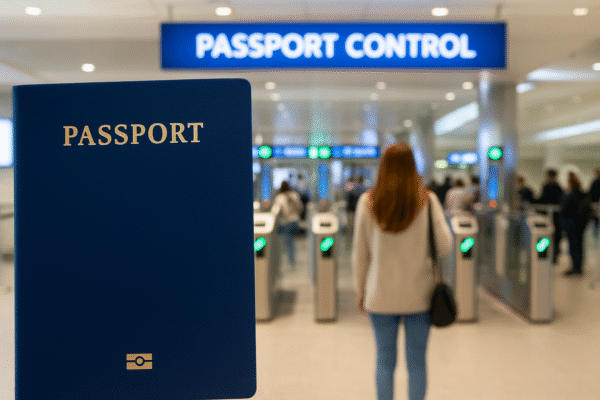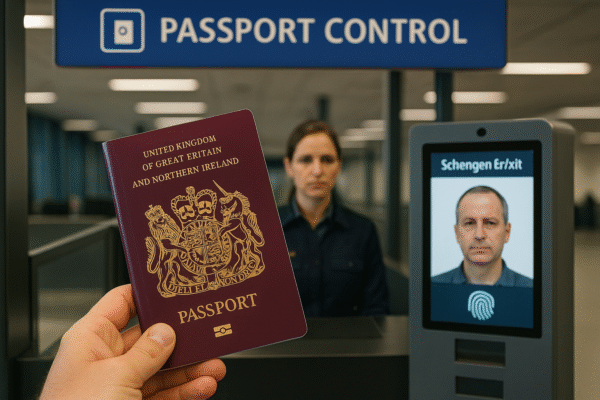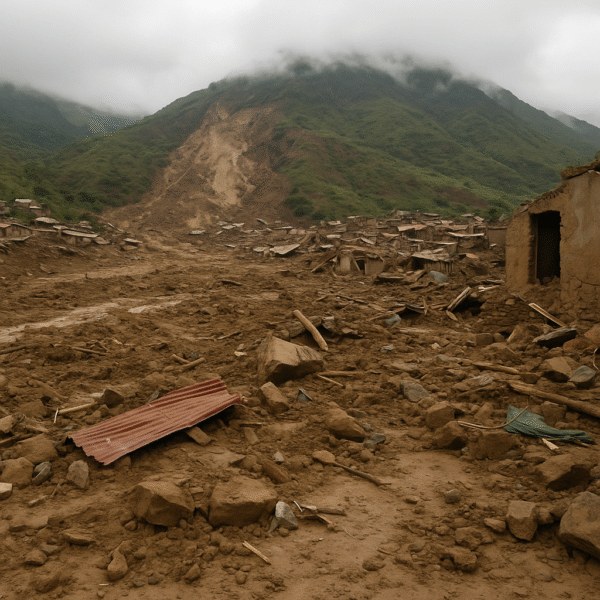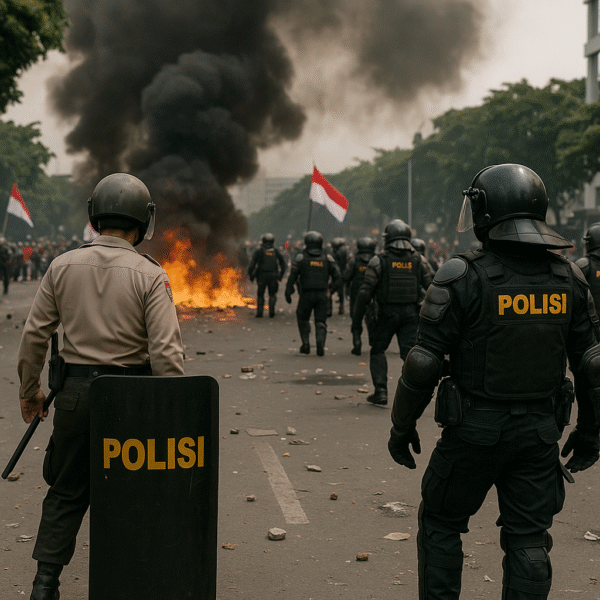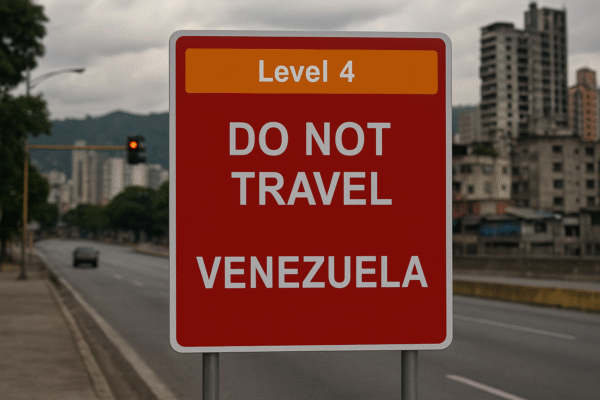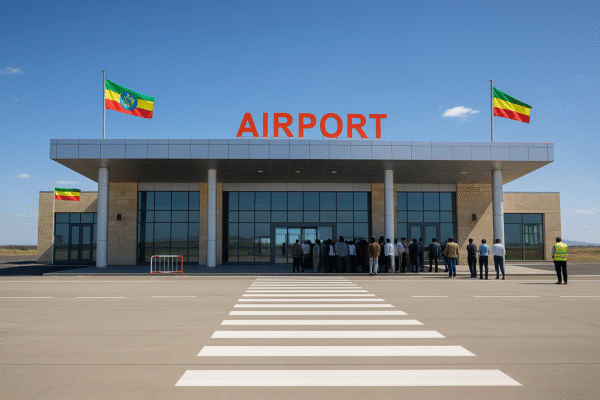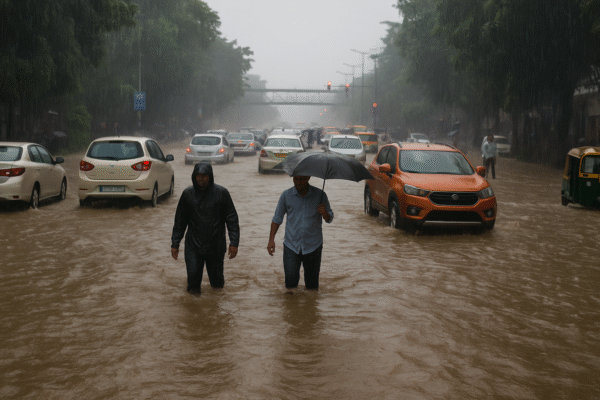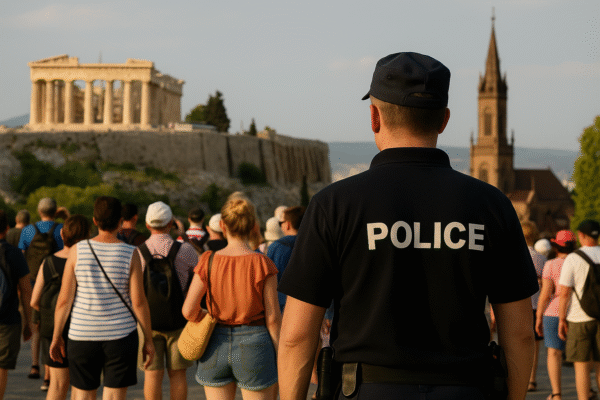As summer and autumn 2025 approach, Switzerland’s Federal Department of Foreign Affairs (FDFA) has issued a sweeping travel alert covering several major European destinations—including Greece, Hungary, France, Austria, Poland, and the Netherlands—highlighting a range of evolving security risks that travelers should keep in mind.
Comprehensive Travel Alert from Swiss Authorities
The FDFA’s freshly updated guidance urges tourists to exercise heightened caution when visiting select European nations this summer and autumn. The advisory underscores concerns ranging from political unrest and terrorism threats to surging petty crime and travel disruptions.
Authorities emphasize that, given the volatile and dynamic security environment, staying updated and vigilant is essential for safe exploration. Travelers are encouraged to stay informed, follow local instructions, and prepare proactively for their trips.
Greece: Be Alert to Social Unrest and Theft
Tourist-favored locales like Athens, Thessaloniki, or historic island hubs continue to attract visitors—but not without risks. Social tensions, often manifesting as rallies or strikes, can disrupt services or escalate unexpectedly.
Additionally, pickpocketing and snatch thefts remain widespread in crowded areas, especially near the Acropolis, Plaka, and popular transport routes. Travelers are advised to secure valuables and steer clear of large gatherings to avoid being caught off-guard.
Hungary: Political Tensions and Petty Crime
Hungary, renowned for its charming scenery and vibrant capital, faces potential safety concerns fueled by ongoing political instability. The government’s state of emergency—extended through mid-November—enables increased surveillance and control measures.
Protests are not uncommon and can occasionally escalate, particularly in Budapest’s public spaces. Terrorism risk, while not elevated, remains a possibility in light of regional instability. Meanwhile, tourists should remain cautious of pickpocketing, especially around transit hubs and tourist sites.
France & Austria: Elevated Vigilance in Crowds
France’s inclusion in the advisory reflects broader European trends: the threat of terrorism in densely populated and high-traffic zones, including major city centers and landmarks.
In Austria, while generally safe, travelers are cautioned about potential threats in places like festivals, markets, and transit stations. Austria’s status as a safe destination does not eliminate the need for alertness amid large gatherings. Familiar risks such as pickpocketing persist in cities like Vienna or Salzburg.
Winter weather also poses a concern—mountain roads may be affected by snowfall, and flood or landslide risks can emerge.
Poland: Border Tensions and Regional Instability
Though cities like Warsaw and Kraków are considered relatively safe, Poland’s proximity to Ukraine and Belarus introduces added complexity. Border areas may witness occasional disruptions or tightened security, particularly near zones impacted by regional instability.
While direct terrorist threats remain low, careless behavior or disregard for safety norms could make tourists vulnerable—especially in crowded marketplaces or transport hubs.
Netherlands: Crowds, Legal Caution, and Crime
The Netherlands continues to be a sought-after destination—but Amsterdam’s bustling streets and renowned museums come with a caveat: persistent petty crime, especially pickpocketing, can dampen the experience if vigilance is lacking.
Terrorism risks, though not immediate, cannot be discounted in busy venues. Moreover, travelers should adhere strictly to local laws: the Netherlands retains firm stances on drug possession and use, and being unaware of legal boundaries can result in serious consequences.
General Safety Advice for European Travelers
Swiss authorities emphasize key measures to ensure safer travel across these destinations:
- Monitor updates: Regularly check for alert updates and official guidance before and during your trip.
- Avoid large gatherings: Demonstrations, strikes, and festivals can become unpredictable. Maintain distance wherever possible.
- Secure belongings: Use hotel safes, anti-theft bags, or secure pockets to minimize theft risks.
- Follow local rules: Whether it’s about driving, drug use, or staying informed of local curfews, obeying local laws is non-negotiable.
- Be weather-ready: In Alpine or mountainous areas, check forecasts and prepare for potential disruptions due to snow, rain, or fog.
- Health readiness: Carry adequate travel insurance, medication, and know where to seek medical help if needed.
Why This Matters in 2025
Europe in 2025 confronts a complex mosaic of shifting risks. Political tensions—from the fallout of regional conflicts to labor movements—blend with evolving criminal and terrorism threats, all compounded by environmental pressures.
Switzerland’s updated alert reflects this dynamic backdrop, signaling to global travelers that familiar destinations may not be risk-free this year. By staying informed and taking pragmatic precautions, visitors can still enjoy Europe’s rich culture and heritage—while safeguarding their safety and well-being.
For more travel news like this, keep reading Global Travel Wire


